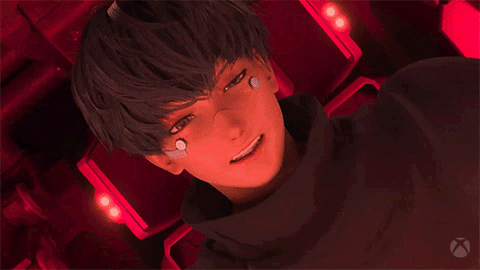Ender's Game, written by Orson Scott Card, is a novel that delves into various social issues through its narrative. The story revolves around young Ender Wiggin who is chosen to lead an international military force in order to prevent an alien invasion. While the book primarily focuses on themes of war and leadership, it also subtly explores several important social implications.
One such implication is the concept of otherness. The novel portrays a world where humans are at constant conflict with an unknown enemy - the Formics. This fear-driven mentality leads to prejudice against these beings, reinforcing the idea that 'othering' can be a dangerous tool in society. It highlights how easy it is for people to dehumanize those who they perceive as different or threatening, leading to harmful consequences.
Another social implication present in Ender's Game is the power dynamics within societies. The story showcases how individuals with authority often manipulate situations and people to achieve their goals. This can be seen through Colonel Graff, who uses psychological warfare on young children like Ender to mold them into perfect soldiers. It raises questions about ethical leadership and the abuse of power in various institutions.
In conclusion, while Ender's Game primarily focuses on themes related to war and leadership, it also subtly explores important social implications such as otherness and power dynamics within societies. These aspects make the novel not only a gripping tale but also an insightful commentary on human behavior and societal norms.
